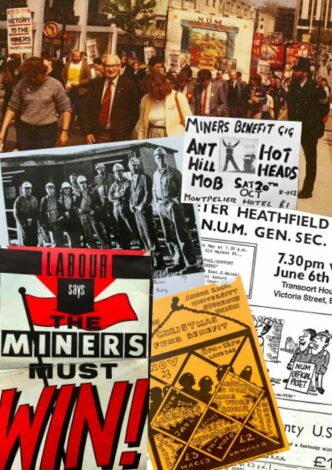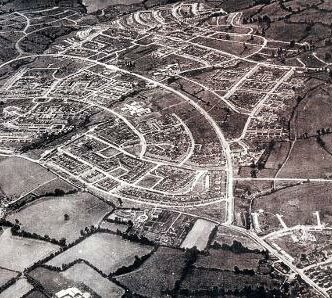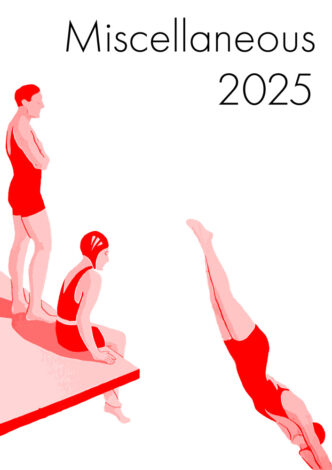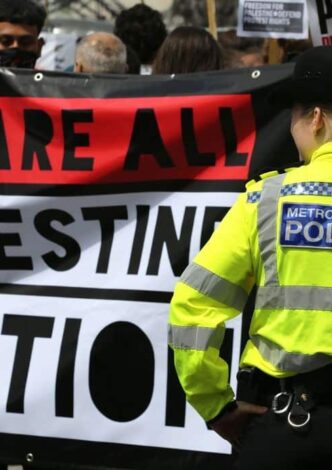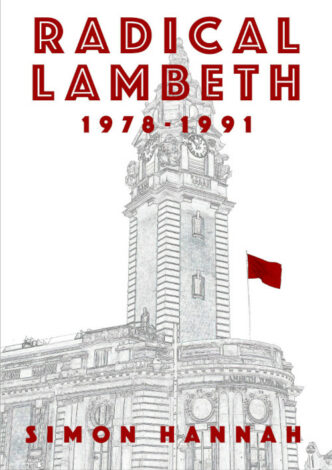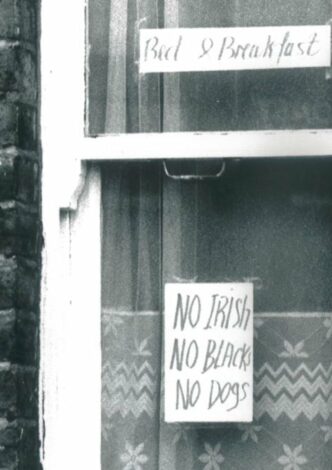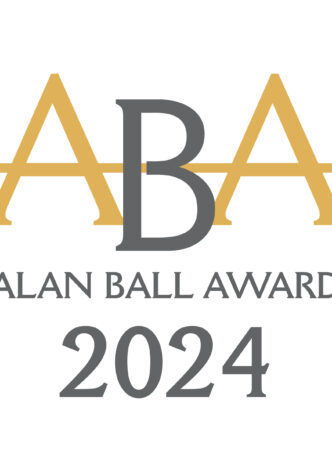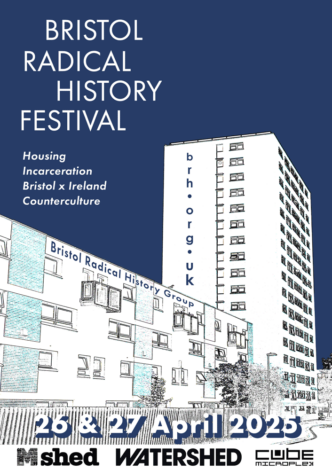Coal Not Dole Exhibition
Bristol Miners' Support Campaign Archive
Bristol Radical History Group (BRHG) are putting an exhibition dedicated to the 1984/85 Miners’ Strike on display at Bristol Archives over February. The exhibition celebrates the work of the Bristol Miners’ Support Campaign during the year long dispute. Over the last eighteen months BRHG has sponsored a project to collect and preserve documents and other materials from the campaign, one of many around the country that aimed to support the communities that were at the forefront of the strike. It […]


